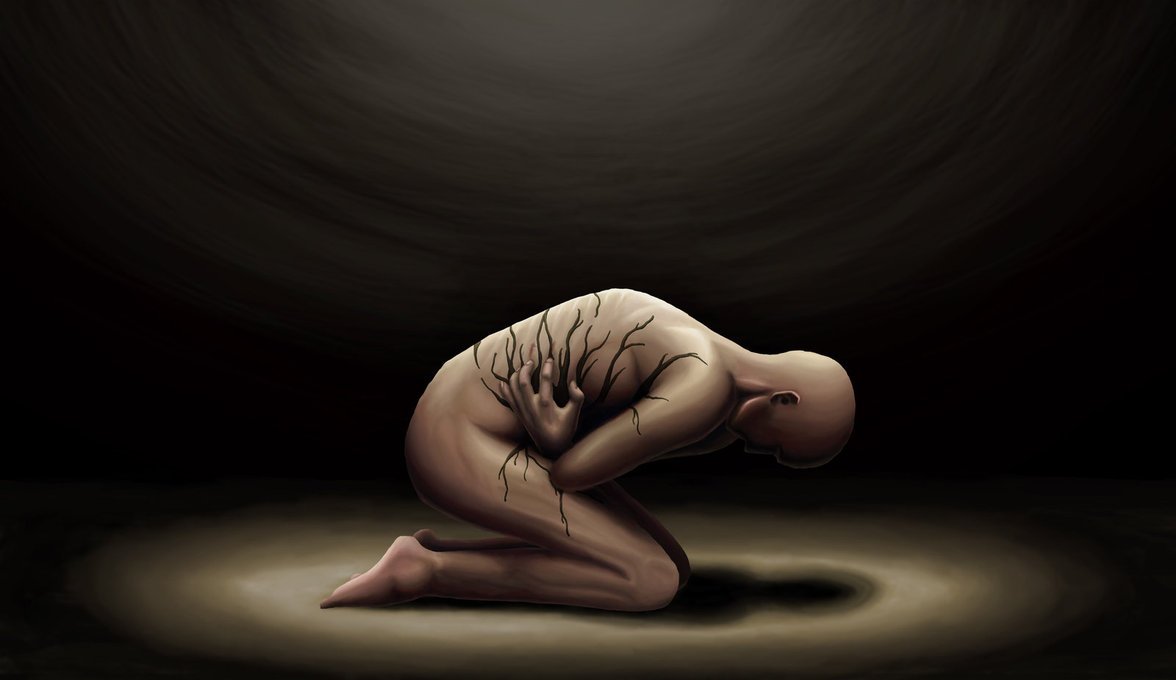In this week’s episode of Misfit Faith I will tackle the subject of guilt. It’s a big one.
In my own past as a missionary and pastor, guilt was operative on both a personal and theological level. Theologically, the idea doing most of the heavy lifting was that I was born in sin, and from the moment of conception I was an odious offense to God and the object of his wrath due to the imputation to my spiritual account of the disobedience of Adam when he ate that apple that one time.
We Presbyterians were great at parties….
As if this weren’t depressing enough, this guilt became personal when, in addition to my condemnation due to original sin, I began to heap up actual sins that compounded that guilt and rendered me subject to the looming judgment of God.
What I find curious is the fact that much of the conservative American church, in an effort to dissuade the faithful from engaging in bad behavior, actually invests certain actions with a kind of mythological power by fetishizing them to the point that their taboo status makes them even more alluring. Whether we are talking about pornography, premarital sex, or other illicit activities, the fact is that an obsessive prohibition tends to have the exact opposite effect than intended.
Maybe a total change of paradigm is needed here?
As long as we understand “God” to be some inflexible Judge up in heaven and “sin” to be all the acts that this God forbids, we will never break the cycle of victory-then-defeat, with one step forward and two steps back.
But if we take biblical ideas like “God is love” seriously — and perhaps in radical and dangerous directions — we may be surprised at what we begin to experience: a life in which God is not so much a distant Judge we seek to please and sin not simply forbidden pleasures, but one lived on another plane altogether, where the presence of love is all that really matters at the end of the day.
Because by definition, where love is God is, and sin is not.



